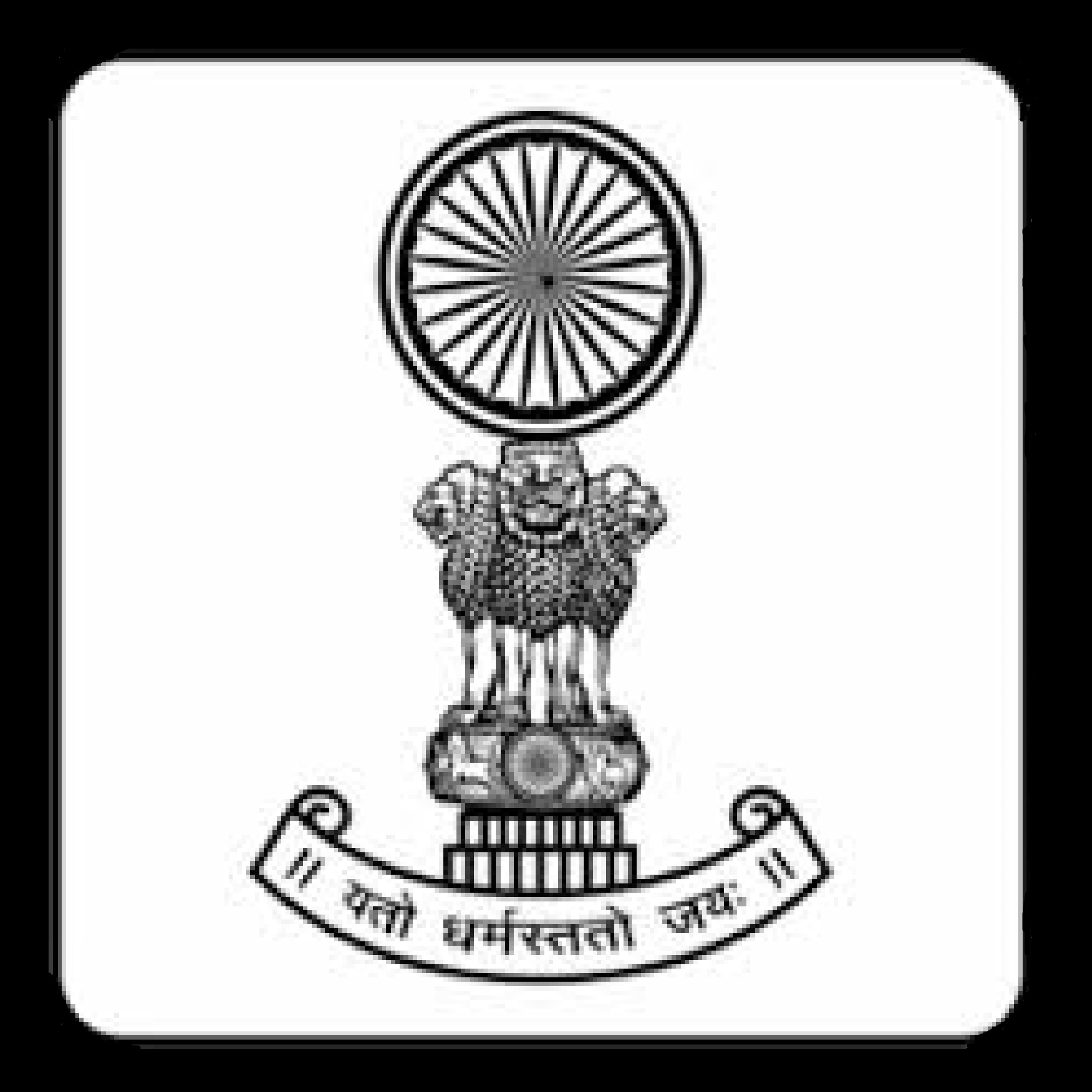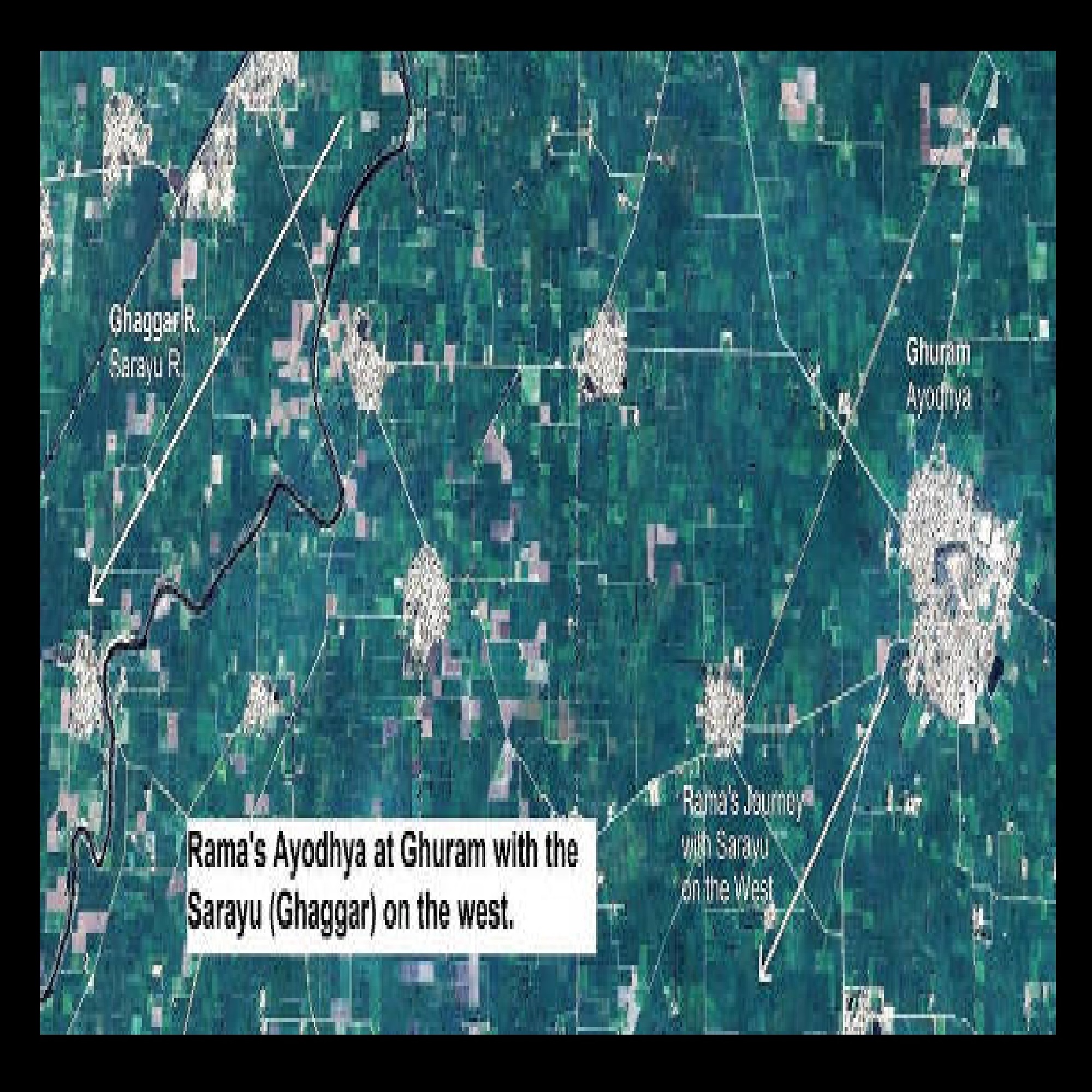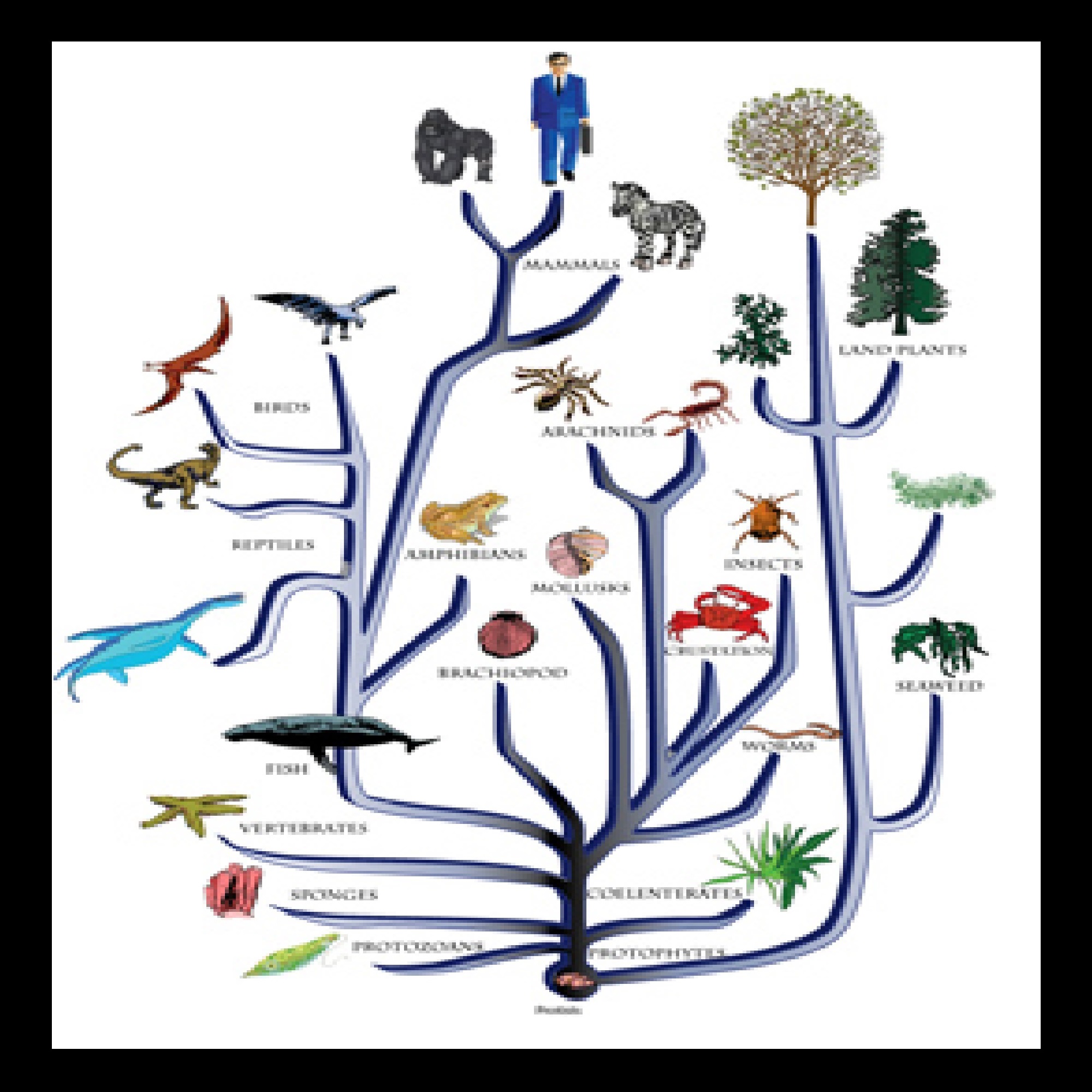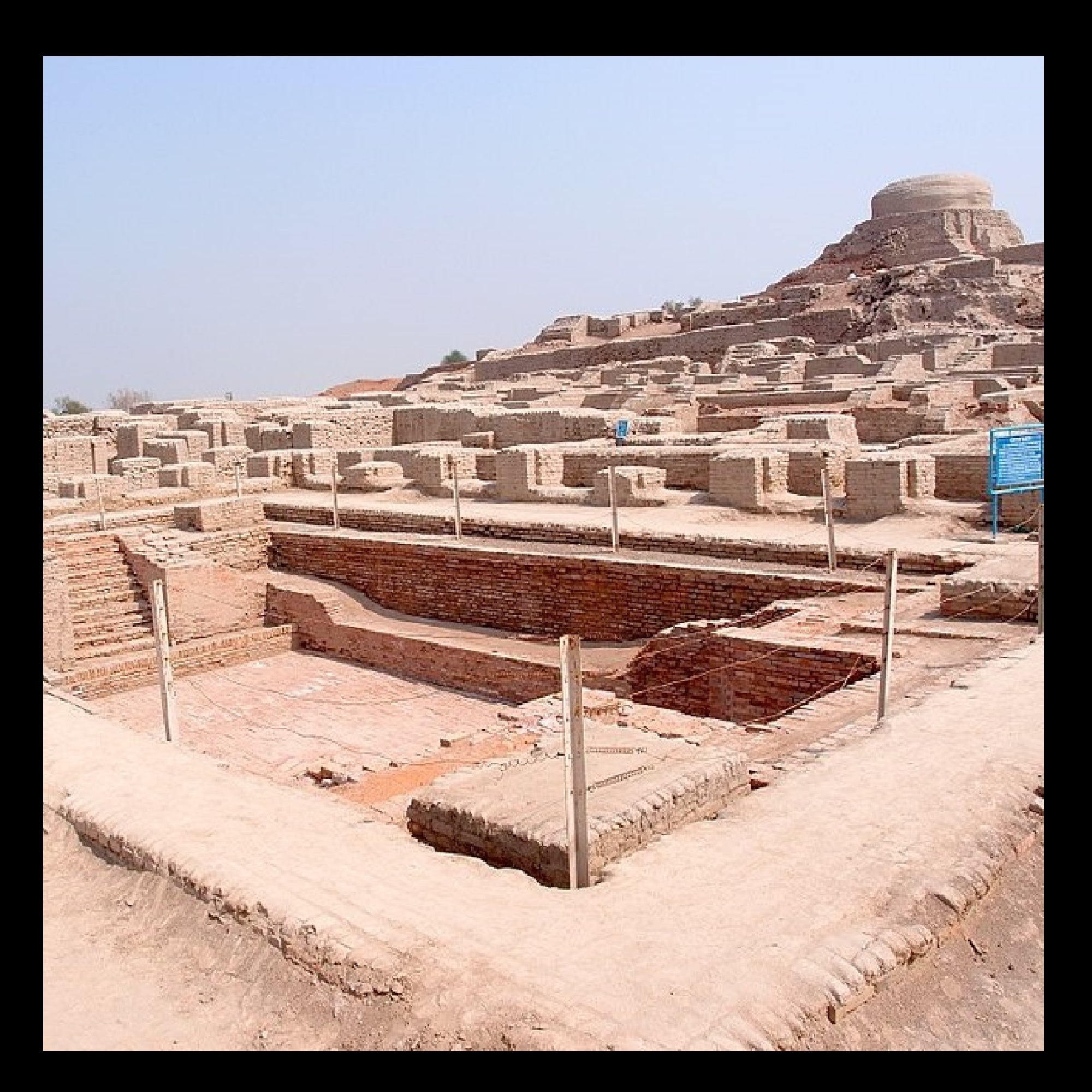
Monotheism means that there is One God who is external to us who, sort of, stands above us, who is controlling us, who is guiding us and who is telling us what to do and what not to do. This is Yahweh of the Bible and Brahma of the Hindus.

Monism holds that God or Brahman is all pervasive and all is done with human volition. This is a description of Elohim of the Bible and Brahman of the Yoga Vasishtha.

Psalms 139 tells of all pervasiveness of God. This is parallel to Brahman of the Hindus.

Yoga Vasishtha says, “this entire vision whatever we see is Quiet and Immaculate Brahman.” This is parallel to Elohim of the Abrahamic religions.
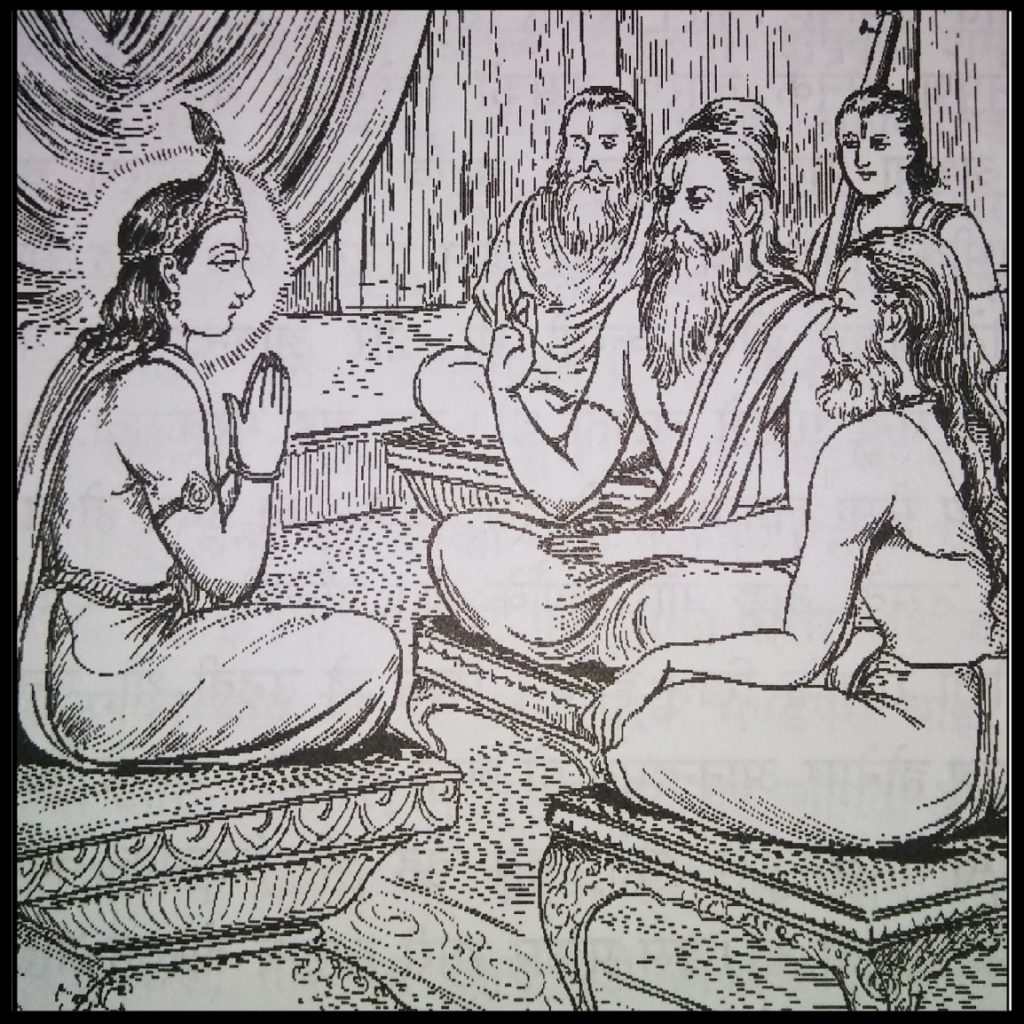
Yoga Vasishtha gives the teachings given by Sage Vasishtha to Lord Rama when he was a young person and tell of an all-pervasive God. This is parallel to Elohim of the Bible.

The Bible says God created the heavens and earth just as Hindu texts say Brahman created Brahma who, in turn, created the sun and moon.

Yoga Vasishtha says that the all-pervasive Brahman grows in itself by itself. The Bible says “In the beginning God created…” At that time there existed on God. So, God created by itself.

“Yahweh” is the name of a personal God that comes after Elohim the all-pervasive God. In parallel, “Brahma” is the God created by the all-pervasive “Brahman.” Thus Elohim=Brahman and Yahweh=Brahma.

In Genesis 15 and 17 Yahweh makes a covenant with Abraham to give certain lands to his descendants. Here there is a one-to-one dialogue between Yahweh and Abraham. This is parallel to Brahma giving one-to-one boons to Vishrava.

Ramayana tells of Vishrava undertaking penance Brahma giving boon to him. There is one-to-one communication between the two. Similarly, Yahweh makes a covenant with Abraham. There is one-to-one communication between the two.

Yahweh made a covenant with Abraham. Similarly, and Brahma give a boon to Vishrava. Then he appeared to Rama after he had won victory over Lanka. He blessed him and he said, “You have completed your work in this world. Now please move to divine home.”

Elohim has two dimensions in the Bible—presence everywhere and creativeness; and Yahweh is personal God. In parallel, Brahman has two dimensions in the Yoga Vasishtha–all pervasiveness and creativeness; and Brahma is the personal God who gave boons and had a one-to-one communication with human beings.

The Hindus believe in rebirth. Yoga Vasishtha Book 3 tells of the story of Leela who says that she can remember 800 of her past births. On this point the Bible is silent. In parallel, some Jews before the advent of Lord Christ believed in rebirth.

Joshua 24: “Terah worshipped other Gods,” that is, Gods other than Elohim and Yahweh. In parallel the Ramayana tells of Lord Vishnu appearing at a sacrifice made by Dasaratha. Vishnu could be one of the “other gods” mentioned in the Bible.

Abraham said, “A woman came with a plateful of fine meal.” Thereupon the one idol claimed “I must eat first” while another claimed “I must eat first. Thereupon the largest among them arose, took the stick and broke them all.” Abraham did not believe in idol worship like Rama.

Jacob was once traveling from Beersheba to Haran. He slept under a tree. He had a feeling of the presence of God. So, in the morning, he arose, took stone and poured oil on it. That is exactly what Hindus do by pouring oil or water on the shivalinga.

Rama was going to the south he visited the hermitage of Lord Agastya and there he saw certain idols of Indra, Vishnu, Garuda and Nagaraj but the Ramayana is silent whether Rama worshiped them or not. Perhaps he only worshipped the Shivalinga which is a cylindrical stone without a human image.

The Bible tells of Abraham’s father Terah worshipping idols and Abraham not worshipping them and his grandson Jacob and his wife Rachel again worshipping them. In parallel, the Ramayana tells of Dasaratha worshipping Vishnu while it is silent on Rama worshipping any idols.

Vishnu had come to a sacrifice made by Dasaratha so we can assume that he worshiped idols. Terah also worshipped idols. On the other hand, Abraham and Rama both did not worship idol in human form.

The Bible tells of Abraham as a human being who worshipped God but the Hindu tradition worships Rama as an incarnation of Lord Vishnu. But this is the situation of the Hindu religion today. Lord Rama did not consider himself to be an incarnation of Vishnu.

Hindu tradition worships Rama as an incarnation of Lord Vishnu. But this is the situation of the Hindu religion today. Lord Rama did not consider himself to be an incarnation of Vishnu. The Bible, in parallel, tells of Abraham being a human being.

During the discussion with Rama after he had won the war of Lanka, the Sages told him that he was Brahman or a God incarnate. But Rama replied, “I consider myself to be son Dasharatha only.” So, Rama denied being an Incarnation of God. This is parallel to Bible telling of Abraham as an human being.
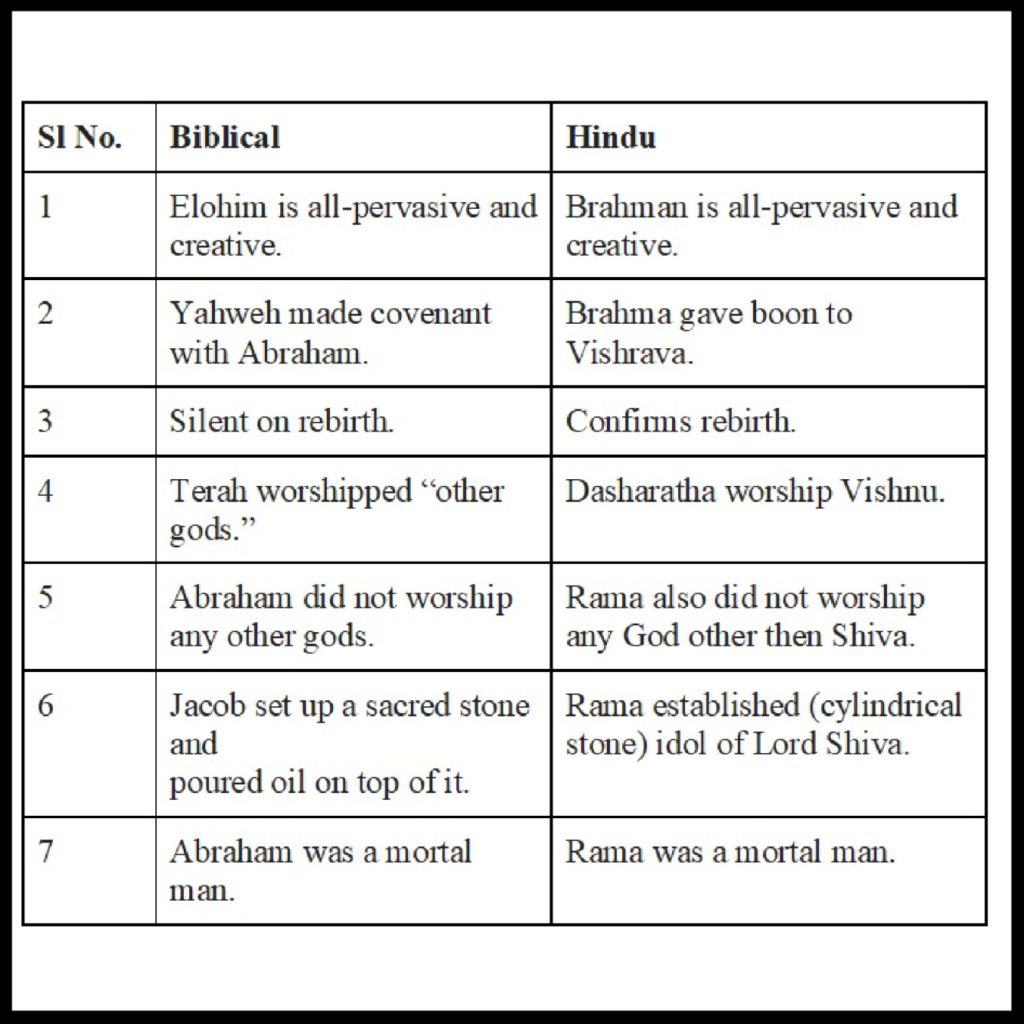
Elohim is all-pervasive and creative in the Bible just as Brahman is in the Hindu texts. Yahweh made a covenant with Abraham just as Brahma give a boon to Vishrava. Terah worshipped “other gods” just as Dasaratha worshipped Vishnu. Abraham was a human being, not God, like Rama.
Visit our website: https://www.commonprophets.com/
For Videos: https://www.youtube.com/channel/UCN4sb3toJxNGPjmSubnwz_Q
For more information on the theory of Common Prophets, Please like my FB Page One God One 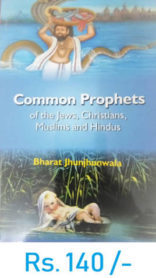 Religion, Subscribe my English channel One God One Religion, subscribe my Hindi Channel एक ईश्वर, and you may like to buy my book here.
Religion, Subscribe my English channel One God One Religion, subscribe my Hindi Channel एक ईश्वर, and you may like to buy my book here.

